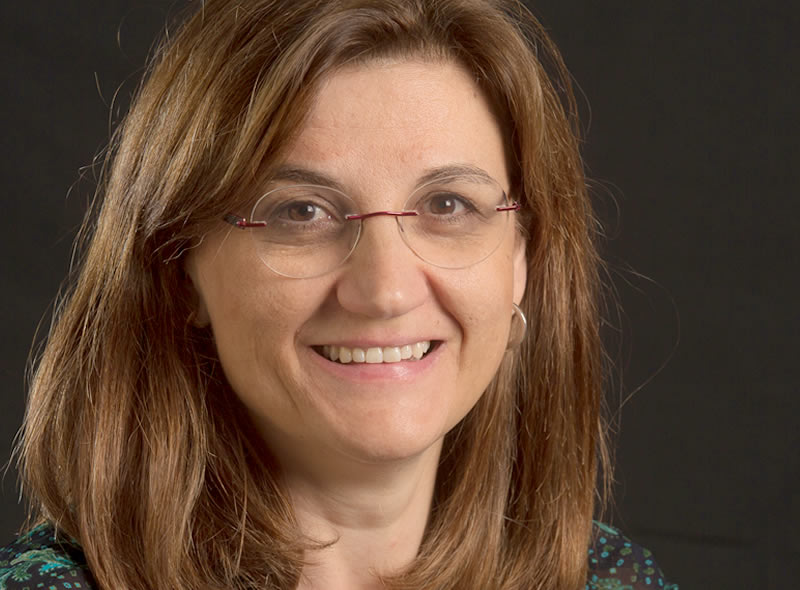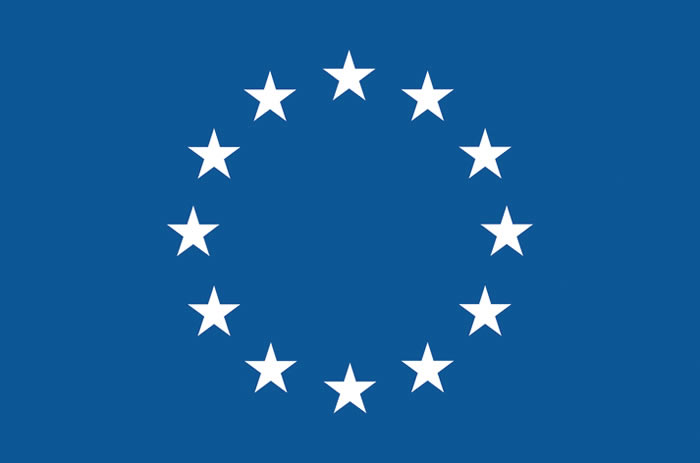Rovira, Carme

Carme Rovira is an ICREA Research Professor at the Department of Chemistry of the University of Barcelona (UB). She obtained her PhD degree in Chemistry from the UB in 1995 and was Marie-Curie postdoctoral fellow at the Max-Planck-Institute für Festkörperforschung (Stuttgart, Germany, 1996-1998), working with M. Parrinello. After another postdoc at UB, she obtained a Ramón y Cajal position (2002-2006) and started her research group. Carme was appointed ICREA Research Professor in 2007 and has been visiting Professor at the University of York (UK, 2019). She has received research awards from the Catalan Government (2003), the Barcelona City Council (2016) and the European Carbohydrate Organisation (2019). She received an ERC SyG grant in 2020. She is the author of about 170 publications in peer-reviewed journals as well as book chapters, mainly in the fields of physical chemistry and computational biology. The research at Carme’s lab is focused on the simulation of ligand-protein interactions and enzyme catalytic processes that can guide enzyme engineering and drug design. Her current research is focused on carbohydrate-active enzymes (glycosidases, glycosyltransferases and lytic polysaccharide monooxygenases).
Topic:
Using computers to understand how carbohydrates are processed in nature
Abstract:
Carbohydrate-active enzymes (CAZymes), such as glycoside hydrolases and glycosyltransferases, constitute the main machinery for the degradation and synthesis of carbohydrates in nature. They have a myriad of industrial and biotechnological applications, ranging from biofuel production to drug design. In recent years, new CAZyme structures have been solved that pose mechanistic questions on how their carbohydrate substrates are processed, such as the identity of the catalytic residues, the role of enzyme conformational transitions and the distortion of the substrate at the transition state of the chemical reaction. Using state-of-art simulation techniques such as ab initio quantum mechanics/molecular mechanics (QM/MM) and metadynamics [1-3] we have contributed to answer these questions, providing an atomistic view of enzyme action that can guide inhibitor design. In this talk I will describe some of the CAZyme mechanisms that we have recently investigated, in a collaborative work with experimental groups [4-6].
Back to speaker overview Back to Oral- and Flash presentations overview





